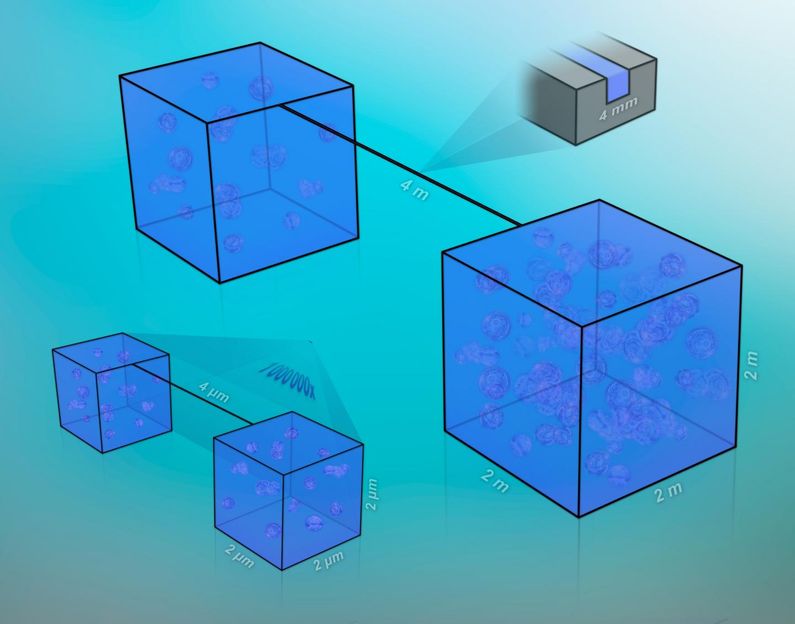BASF develops new method for assessing sustainability
Sustainable development can be measured and managed
Advertisement
BASF has added a social dimension to its process for assessing sustainability. In the future, the company will be able to weigh up not only the environmental impact and costs of different products and manufacturing processes, but also their social implications. The SEEbalance (socio-eco-efficiency balance) system is a further development of BASF's successful eco-efficiency analysis. BASF discussed the innovative new process with social experts from politics and business on March 15, 2007 in Berlin.
The criteria for BASF's eco-efficiency analysis developed 11 years ago are costs and environmental impact factors such as energy and raw material consumption and emissions. The analysis helps BASF and its customers decide which products and processes are most suitable for their applications in both economic and environmental terms. The new SEEbalance socio-eco-efficiency analysis broadens the process to include socially relevant criteria such as numbers of employees and trainees, the risk of potential occupational diseases and accidents, expenditures for investment and research, and wages and salaries. This helps establish sustainable product and process alternatives and makes an important contribution to developing more efficient decision-making processes. The aim is to make it possible to measure and manage sustainable development in companies.
"Long-term success calls for sustainable enterprise. We use our extensive knowledge to help make ourselves and our customers more successful. We help customers develop more sustainable product solutions and enable them to differentiate themselves from their competitors," explained Ernst Schwanhold, head of the Environment, Safety & Energy competence center at BASF Aktiengesellschaft. In developing SEEbalance, BASF worked with various research institutes, for example the Institute for Geography and Geoecology at the University of Karlsruhe, the Ökoinstitut e.V. and the University of Jena. The project is part of the Sustainable Chemistry of Aromatics research project sponsored by the German Ministry of Education and Research.
Organizations
Other news from the department business & finance

Get the chemical industry in your inbox
By submitting this form you agree that LUMITOS AG will send you the newsletter(s) selected above by email. Your data will not be passed on to third parties. Your data will be stored and processed in accordance with our data protection regulations. LUMITOS may contact you by email for the purpose of advertising or market and opinion surveys. You can revoke your consent at any time without giving reasons to LUMITOS AG, Ernst-Augustin-Str. 2, 12489 Berlin, Germany or by e-mail at revoke@lumitos.com with effect for the future. In addition, each email contains a link to unsubscribe from the corresponding newsletter.
Most read news
More news from our other portals
Last viewed contents
Johann_Josef_Loschmidt
Coenzyme























































